The follow-on rule has been a part of Test cricket since its inception in 1877. The rule was introduced to ensure that the game did not last for an excessive amount of time. At the time, Test matches were played over five days, and there was a concern that matches could drag on for too long if both teams batted twice.. Follow-on explained. The follow-on in cricket rule is most commonly used in prominent forms of cricket, including domestic first-class matches and international Test matches. In a five-day match, the side batting first obtains the option to enforce the follow on if they build a first innings lead of 200 runs or more, according to Law 14 of the.

infographic on the rules of cricket Google Search Cricket coaching, Cricket, Cricket club
Followon in Cricket Understanding the Test cricket rule

What Is Followon in Cricket?
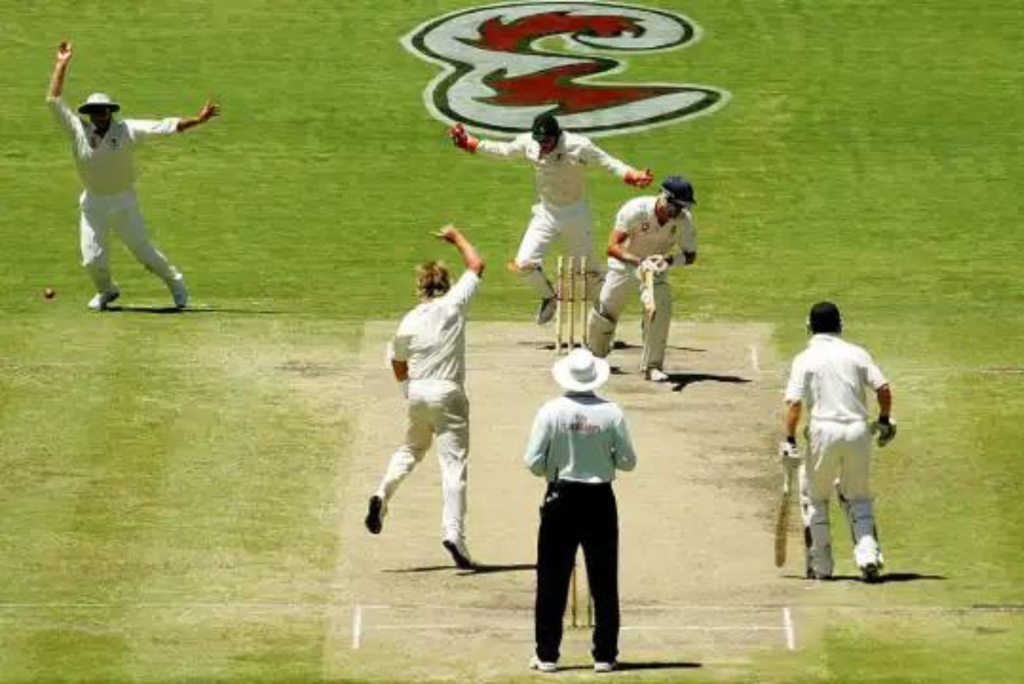
Understanding The FollowOn Rule In Cricket A Comprehensive Guide

What is the followon rule in Test cricket?
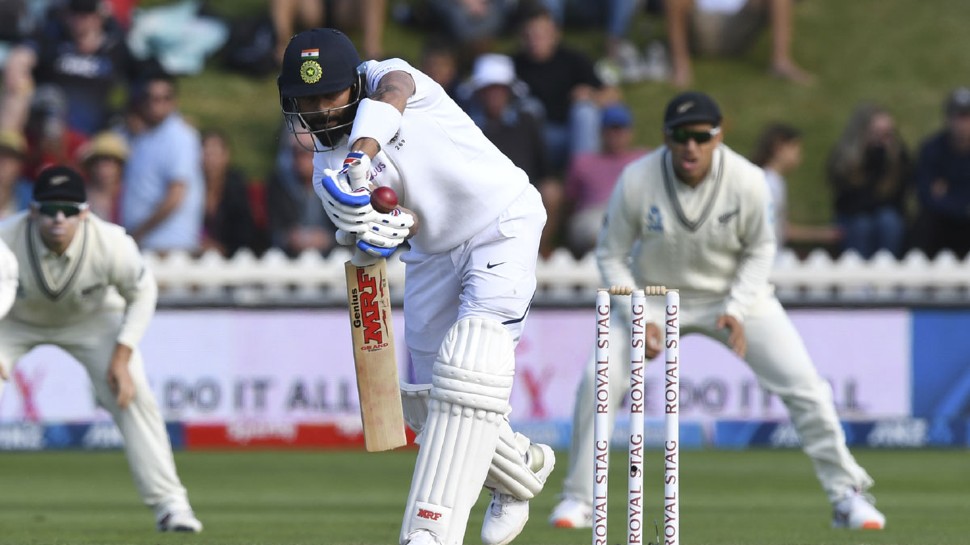)
WTC Final ICC clarifies followon rule for IND vs NZ clash check out Cricket News Zee News
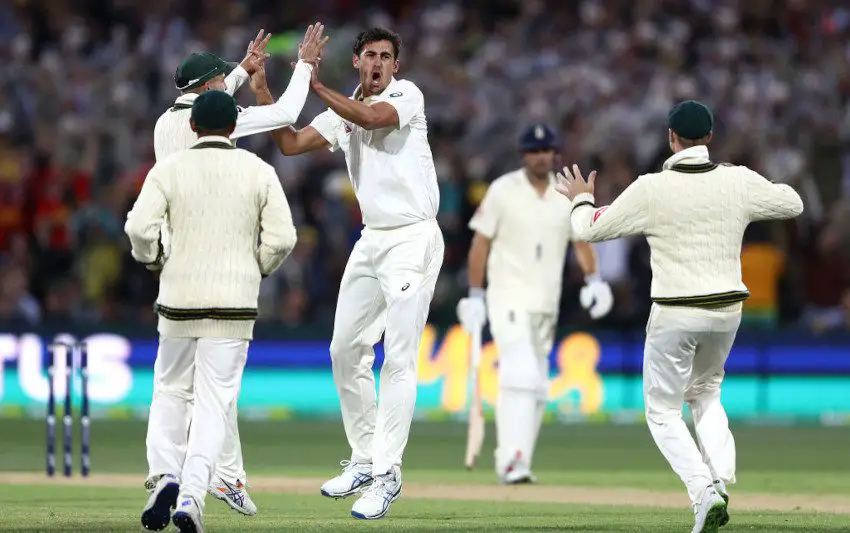
What are the FollowOn Rules in Test Cricket The Pros & Cons
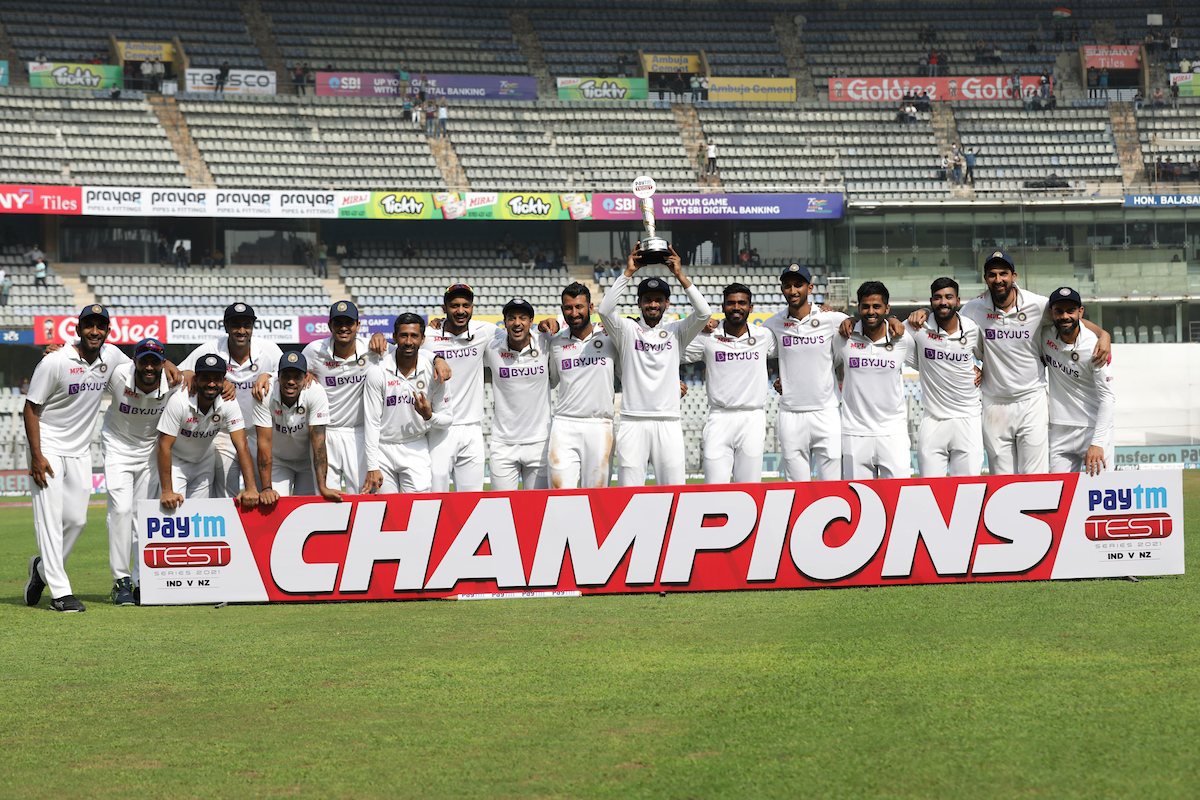
What is follow on in cricket? Term explained
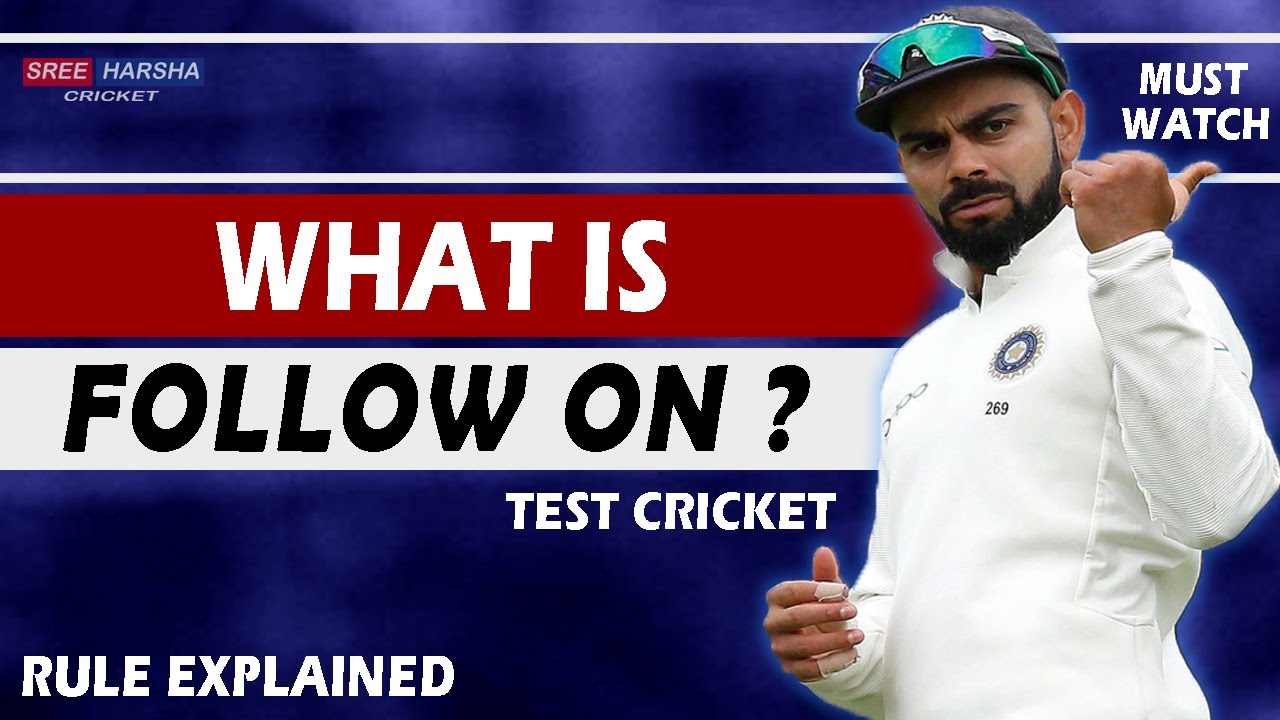
Guide to FollowOn Rule in Test Match Cricket

Backyard cricket rules Cricket time, Cricket, Cricket coaching
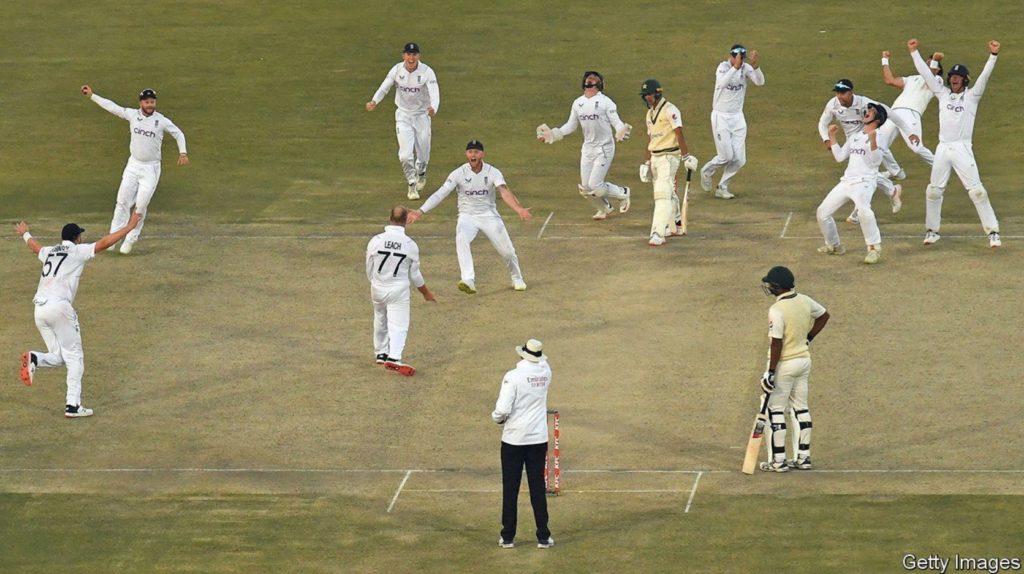
Test Cricket Matches rules
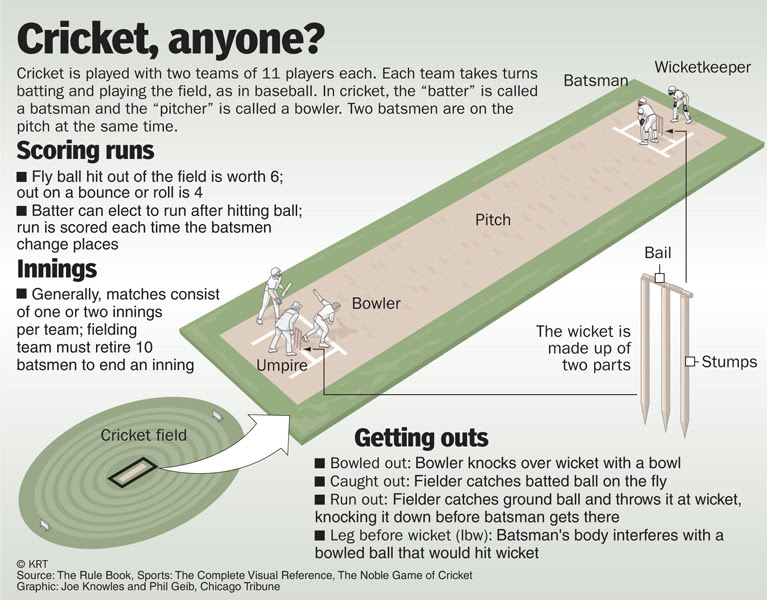
cricket Rules of Cricket

Understanding The FollowOn Rule In Cricket A Comprehensive Guide
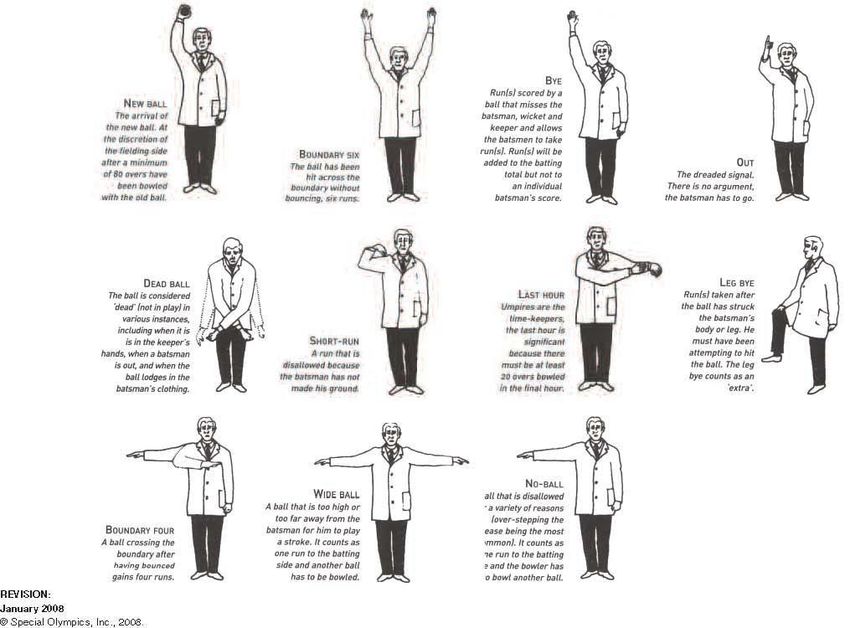
Test cricket scoring rules caqweswiss
What is the followon rule in cricket? All you need to know
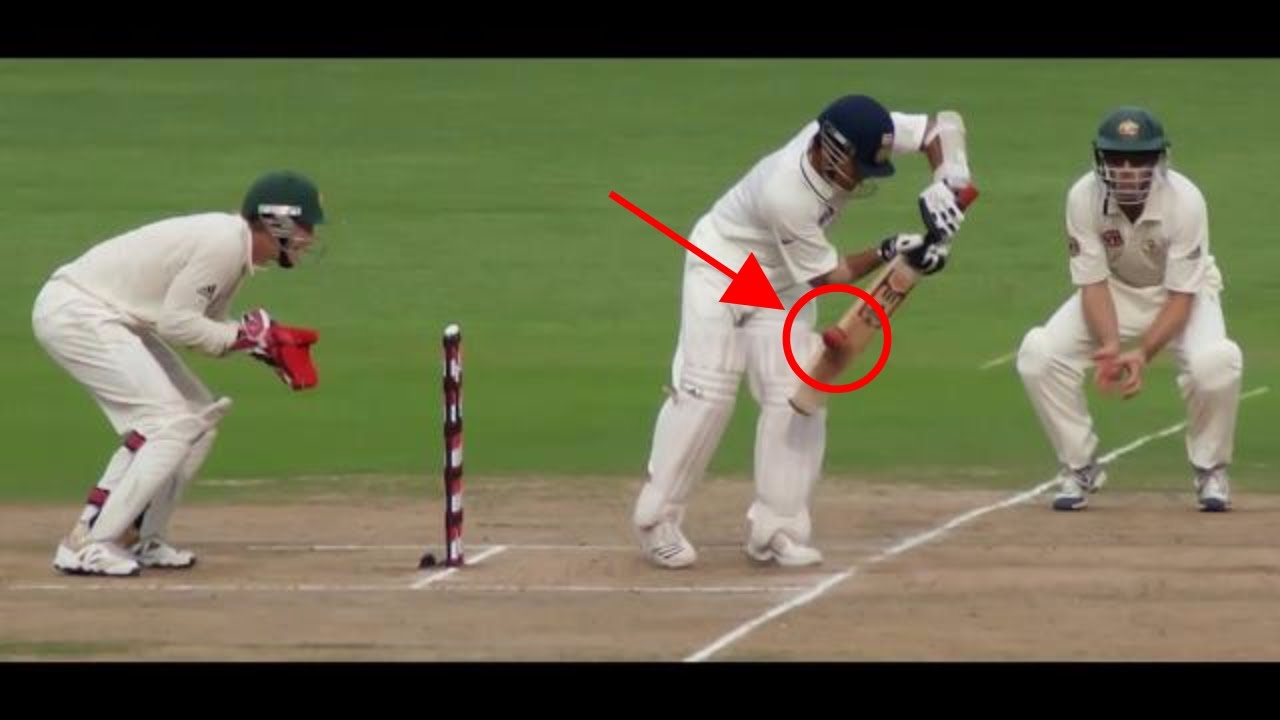
FollowOn Rule in Test Cricket A Comprehensive Guide
What is the followon rule in cricket? All you need to know

What is World Test Championship Rules, Format, points system explained Cricket Hindustan Times

Basic Cricket Rules
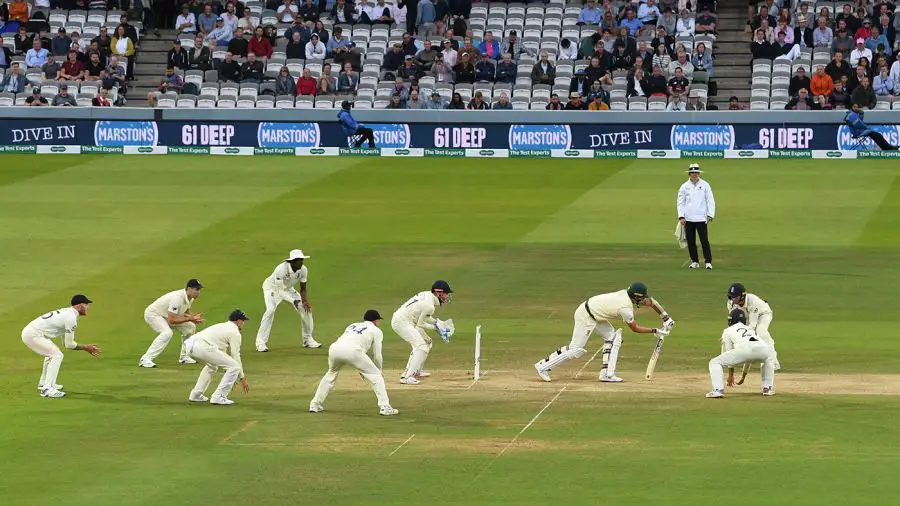
What is Test Cricket? Rules of the Original Cricket Format
The follow-on occurs only in those forms of cricket where each team normally bats twice: notably in domestic first class cricket and international Test cricket. In these forms of cricket, a team cannot win a match unless at least three innings have been completed. If fewer than three innings are completed by the scheduled end of play, the result of the match can only be a draw.. The simple method of calculating follow-on runs in a five-day Test match is subtracting 200 runs from the first-innings total. In the aforementioned case, India will have to score one run more than 378 (578 - 200 = 378) runs to ensure that Root doesn't enforce the follow-on. If India score 378 or less than 378, Root will have the option of.